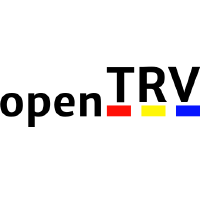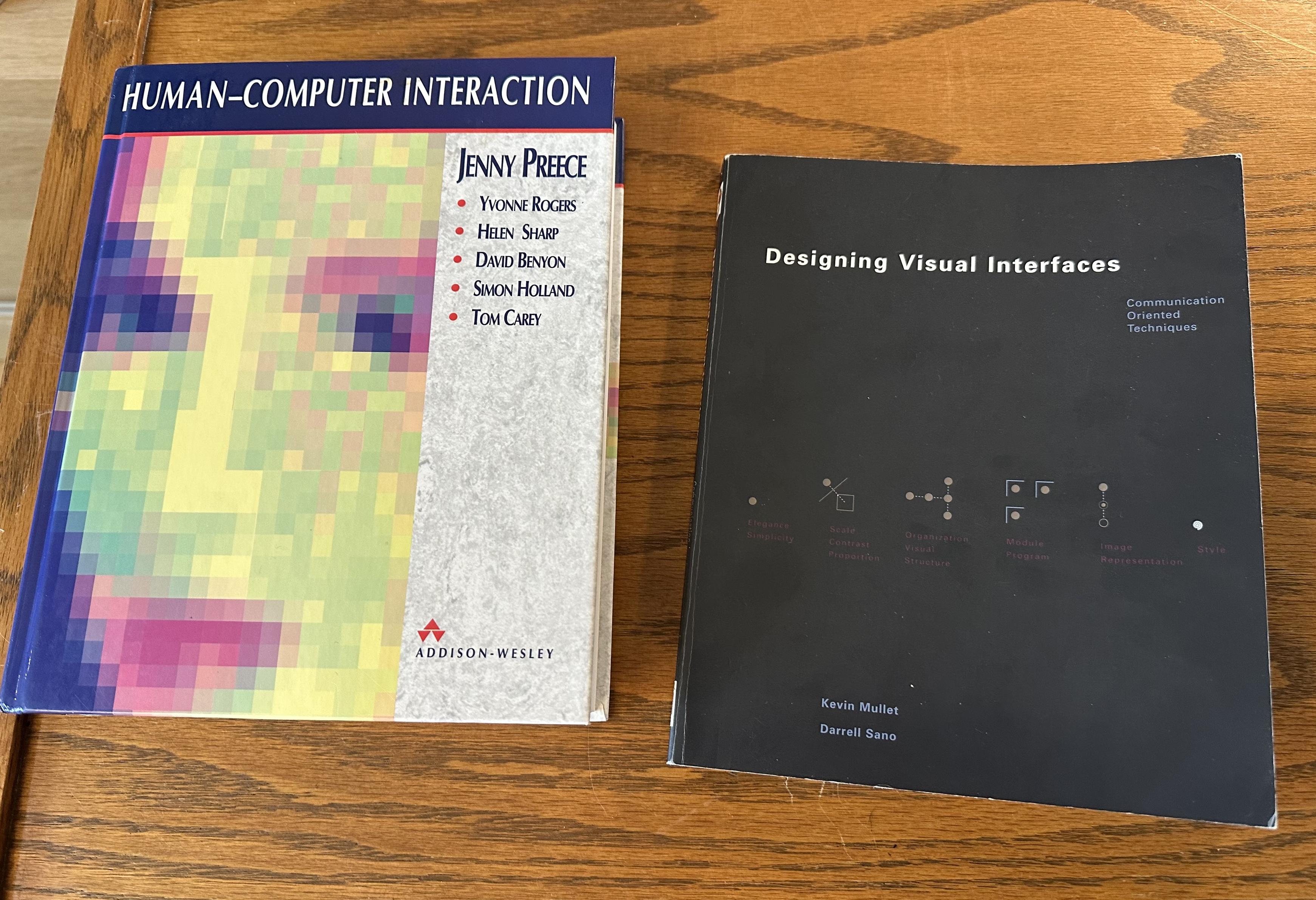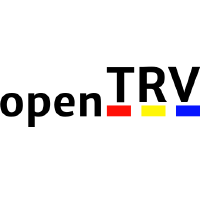2025-12-17 16:30:17
'graphviz' is a suite of programs for drawing graphs (In the nodes/edges senses, rather than upwards and to the right sense) - and it uses a file format called 'dot'. Lots of things generate dot output (such as systemd-analyze I mentioned) and it's really easy to generate from scripts and things. 'dotty' is probably the most common program in the suite.
There are some newer formats and programs - but this one is probably the most universal.














